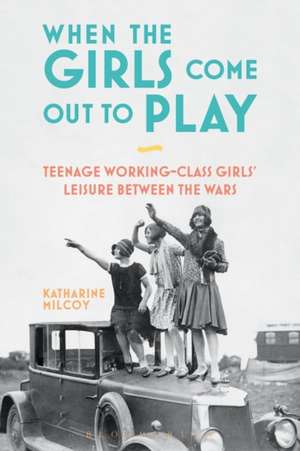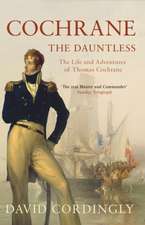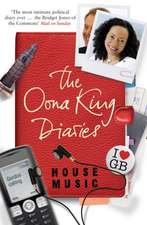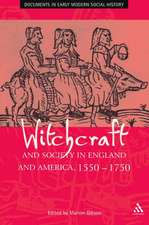When the Girls Come Out to Play: Teenage Working-Class Girls' Leisure between the Wars
Autor Dr Katharine Milcoyen Limba Engleză Paperback – 6 sep 2017
| Toate formatele și edițiile | Preț | Express |
|---|---|---|
| Paperback (1) | 171.30 lei 3-5 săpt. | |
| Bloomsbury Publishing – 6 sep 2017 | 171.30 lei 3-5 săpt. | |
| Hardback (1) | 538.26 lei 6-8 săpt. | |
| Bloomsbury Publishing – 6 sep 2017 | 538.26 lei 6-8 săpt. |
Preț: 171.30 lei
Preț vechi: 199.38 lei
-14% Nou
Puncte Express: 257
Preț estimativ în valută:
32.78€ • 34.10$ • 27.06£
32.78€ • 34.10$ • 27.06£
Carte disponibilă
Livrare economică 24 martie-07 aprilie
Preluare comenzi: 021 569.72.76
Specificații
ISBN-13: 9781474279581
ISBN-10: 1474279589
Pagini: 176
Ilustrații: 5 bw illus
Dimensiuni: 156 x 234 x 17 mm
Greutate: 0.29 kg
Editura: Bloomsbury Publishing
Colecția Bloomsbury Academic
Locul publicării:London, United Kingdom
ISBN-10: 1474279589
Pagini: 176
Ilustrații: 5 bw illus
Dimensiuni: 156 x 234 x 17 mm
Greutate: 0.29 kg
Editura: Bloomsbury Publishing
Colecția Bloomsbury Academic
Locul publicării:London, United Kingdom
Caracteristici
Offers a necessary reassessment of inter-war social history
Notă biografică
Katharine Milcoy is Senior Lecturer in Education and Associate Lecturer in History at the University of Chichester, UK. She is a member of the Executive Committee of the Friends of The Women's Library.
Cuprins
Introduction1. Setting the Scene2. Leisure, What Leisure?3. The Girl in the Background4. The Modern Girl: Spoilt for Choice5. The Imaginative Consumer: Gaining Access to Leisure6. Time, Space and RespectabilityConclusionBibliographyIndex
Recenzii
This book has a great deal to offer to historians teaching undergraduate modules on gender, leisure, class, childhood and youth, and inter-war Britain ... Milcoy presents some important material that contributes to a re-consideration of the emergence of the 'teenager' and the ways that young women experienced leisure in inter-war England.
This is a history of leisure that takes working class girls seriously. Whilst female leisure choices were not infrequently castigated by social commentators, Milcoy shows that young women themselves grasped the opportunities available to them for pleasure. The sources are very well used and include the records of girls' organisations and a lovely collection of oral history interviews. This book is a real pleasure to read.
This is a history of leisure that takes working class girls seriously. Whilst female leisure choices were not infrequently castigated by social commentators, Milcoy shows that young women themselves grasped the opportunities available to them for pleasure. The sources are very well used and include the records of girls' organisations and a lovely collection of oral history interviews. This book is a real pleasure to read.





